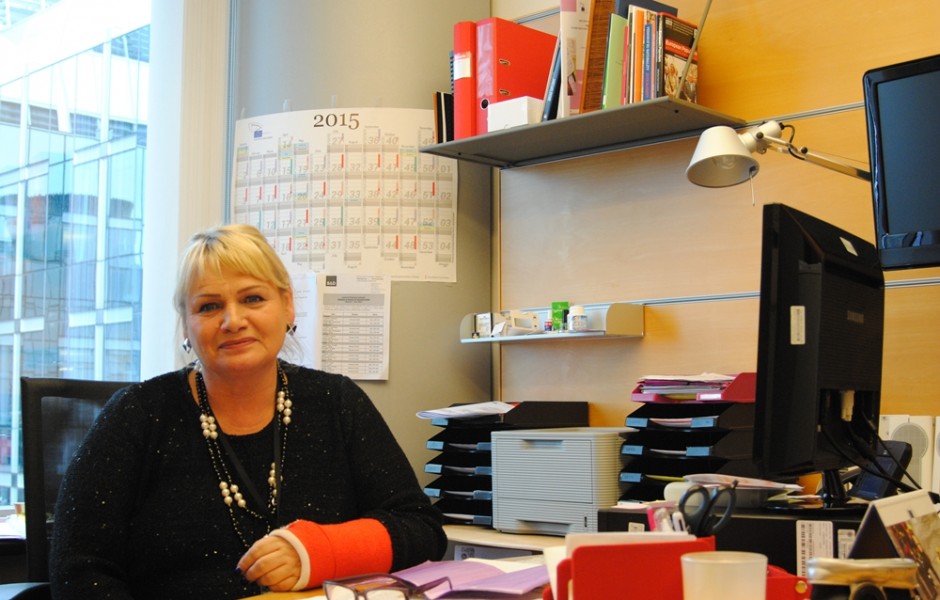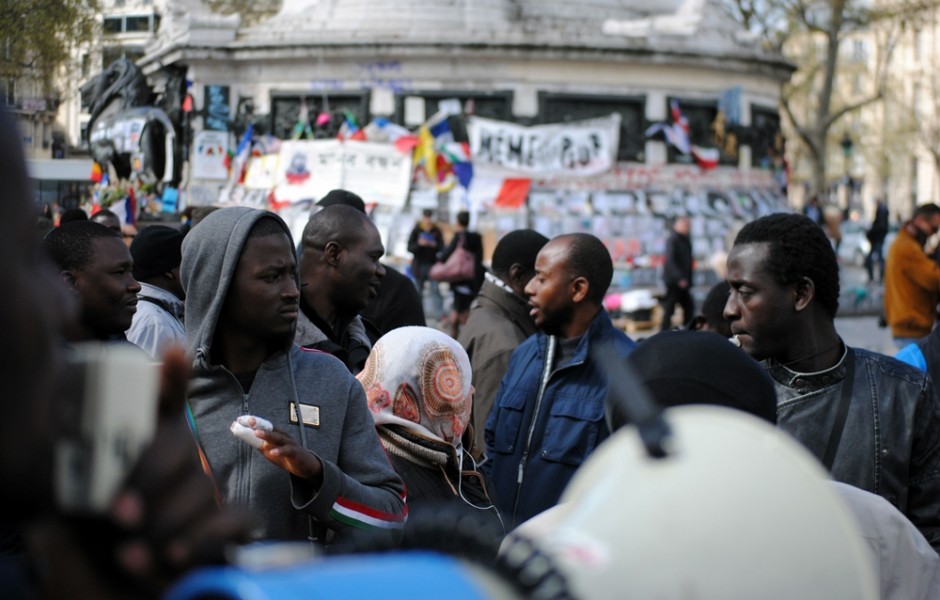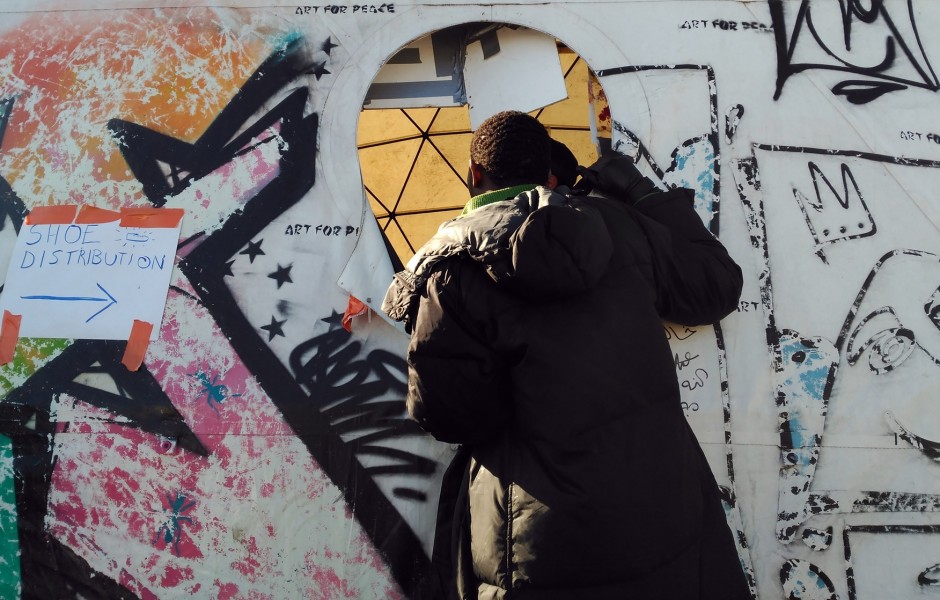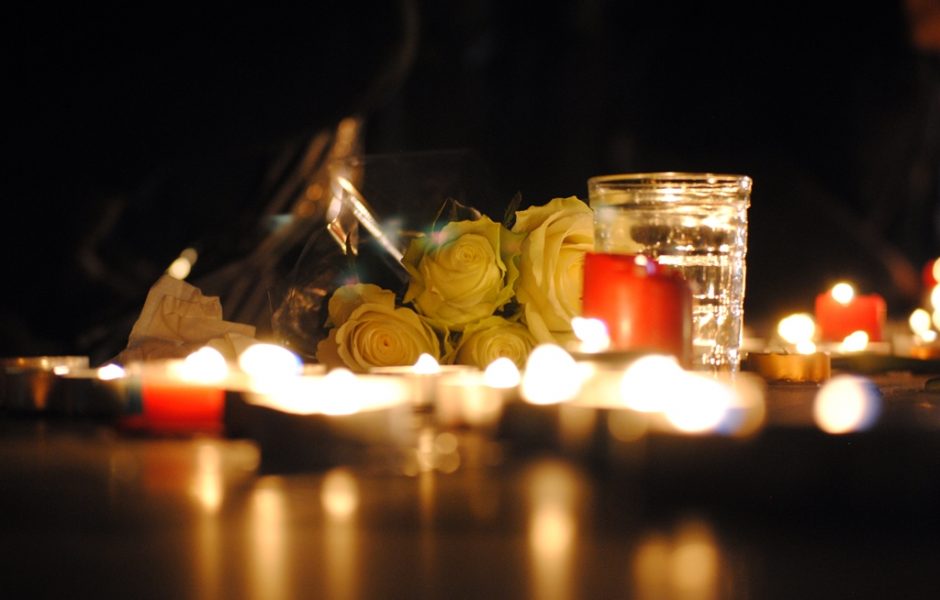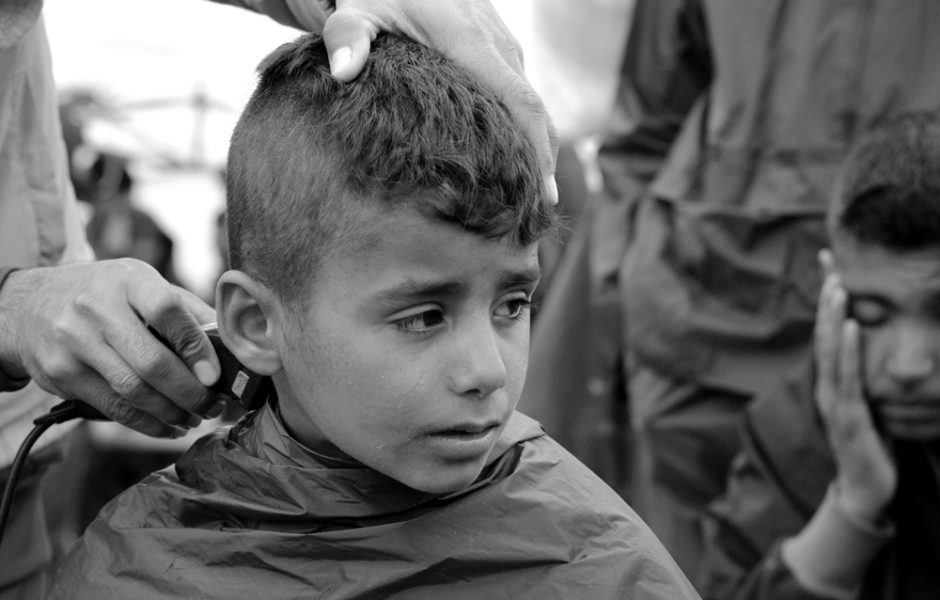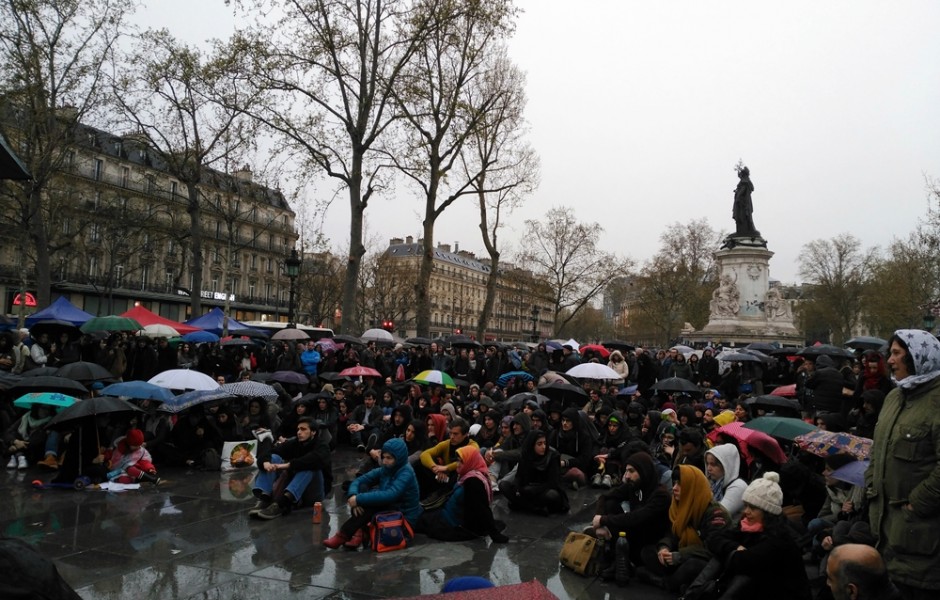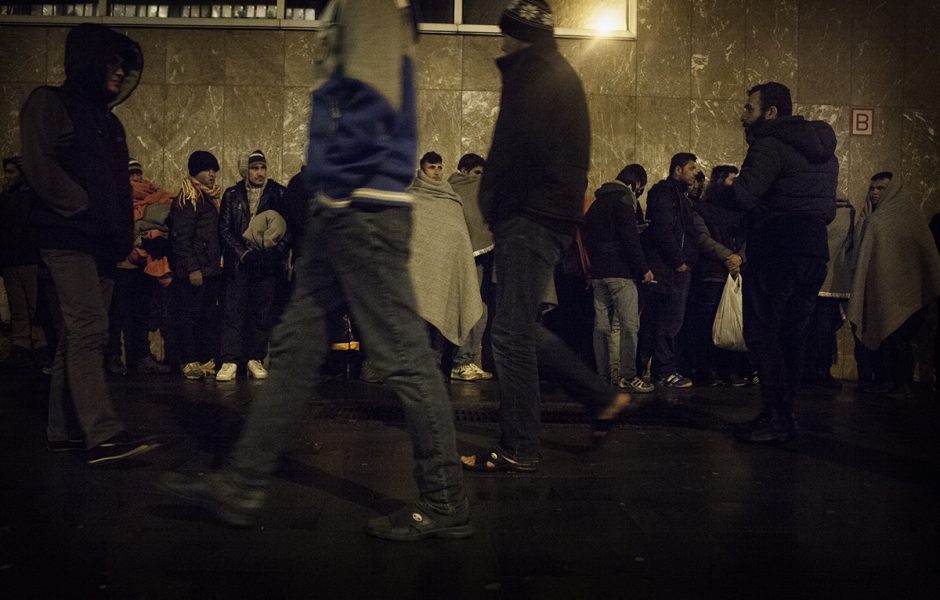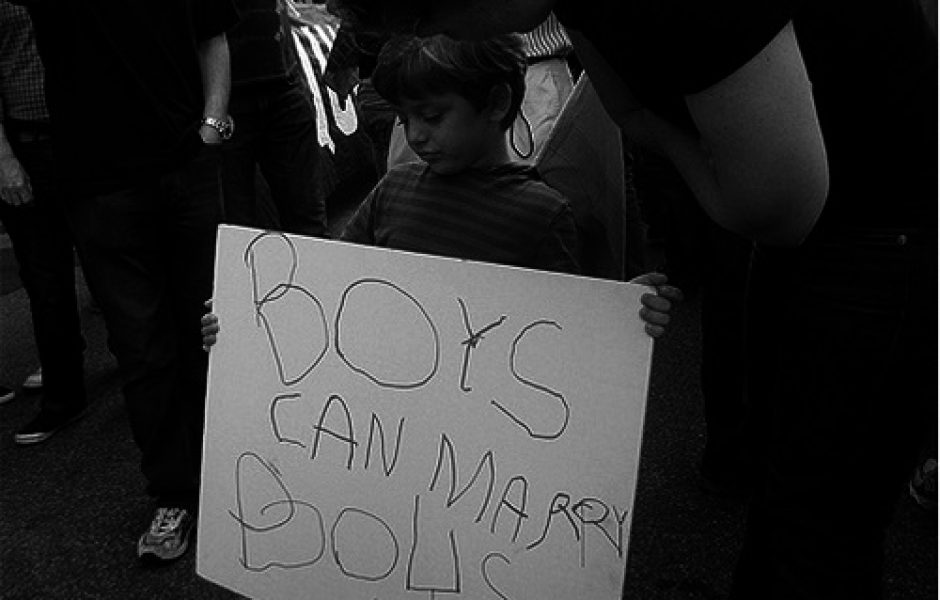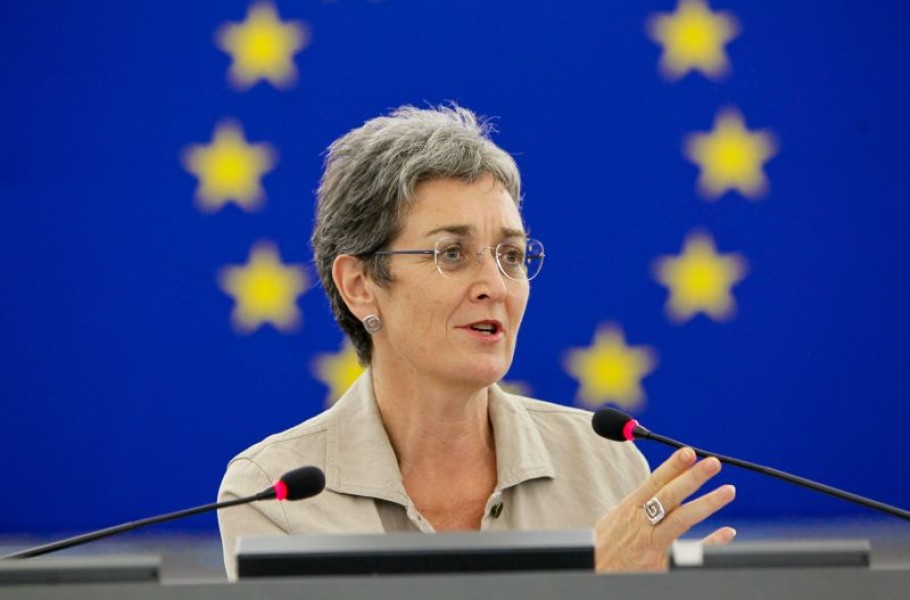
Ulrike Lunacek: «There was people in my party who said I couldn’t be successful and be a lesbian»
Ulrike Lunacek is an MEP, Vice President of the European Parliament, an activist for LGBT Rights, and a lesbian. Emerging from a heated meeting, and with little time until the next one begins, the Austrian-born politician permits a rare pause in her busy schedule to speak about LGBT rights in Europe and her own personal experiences.
The European Charter of Fundamental Rights forbids – amongst other things – discrimination on the grounds of sexual orientation. However, almost 50% of the LGBT population in Europe has felt discriminated at some point. Including Ulrike. “In its founding treaties, the EU determines a law against the discrimination of any of its member states,” she affirms. However, even today, «only employment rights are completely protected». After all, as is true of many instances of social politics, competence is national and not European.
The Intergroup on LGBT rights, of which Lunacek is president, strives to improve this situation. Amongst its various projects, the group is currently working with the European Commission to create an initiative against homophobia. Lunacek explains the need to develop a specific strategy as other minority groups have done in the past. “As discrimination exists on the grounds of sexual orientation and transphobia, we must establish a framework on which to base issues such as education and health.” Though in other areas, such as marriage, the EU may seem powerless, we can, however, promote good practices. Commissioner Věra Jourová and Vice President of the European Commission Frans Timmermans have committed themselves to this very mission.
LEGISLATIVE PROGRESS AND PROGRESS WITHIN SOCIETY GO HAND IN HAND
“When there are better laws, people are more respectful,” confirms Lunacek. The modernisation of laws improves visibility and, by extension, acceptance. And yet, the process may sometimes encourage the very opposite: “I also believe that in some countries, like mine for example (Austria), society is more advanced than its laws.” In Austria, the civil population plays a very important role. “When you’re involved in politics,” explains Lunacek, “you need to negotiate, seek compromise, and convince others, and for this you also need support, and pressure from society.” According to Lunacek, it’s simply a question of convergence.
Establishing collective social awareness is a basic requirement for the recognition of LGBT rights. “It’s necessary to have good examples both in the media and in literature,” claims Lunacek. “When I came out thirty years ago, films and novels were portraying people committing suicide and relationships breaking down… Fortunately, times have since changed.” In this sense, education plays a key role. “Children must learn that we cannot choose who we fall in love with. A boy, a girl… What difference does it make?” she asks with the patience of somebody tired of explaining the obvious. “It costs nothing, we’re not hurting anybody, and we’re not taking anything away from anybody.”
For social awareness to advance, it must be reflected in politics. “Society’s increased tolerance paves the way for newer, better laws to be approved,” she insists. And yet, “normally this is only made possible by a change in government.” The law on homosexual marriage passed 10 years ago by the Spanish Socialist party (PSOE), and the changes in Malta at the hands of a centre-left government are two very good examples.
In May this year, Ireland held a referendum on marriage equality. Ireland voted “yes” to gay marriage, with 60% in favour of the change. Lunacek attributes such a result to the Church’s loss of legitimacy due to several reported cases of paedophilia, and an increased sense of tolerance brought about by recent migration trends. And yet, the response could very well have been “no.” “I don’t agree with holding referendums for minority group rights,” explains the Vice President, “but if the situation arises and I have to pick a side, I’d prefer for it to happen how it did.”
COMING OUT: A POLITICAL ACT
The Prime Minister of Luxembourg is the first gay EU leader to tie the knot. Lunacek was the first Austrian politician to come out of the closet. The recently deceased Pedro Zerolo was a key figure in the campaign that led to the introduction of gay marriage in Spain. Is political representation necessary for the advancement of LGBT rights? Yes and no. “Today there is a lot of government support, which is especially important in those countries where homosexuality lacks visibility,” confirms Lunacek.
According to Lunacek, even today certain stereotypes remain closely associated with homosexuality, such as paedophilia and promiscuity. The Vice President of the European Parliament believes that transparency will help to disprove this stereotype. “We’re normal people, with the same problems as the rest of the world. The only difference is that we’re attracted to people of the same sex,” she concludes.
Lunacek explains that, for her, coming out was a necessary step for two main reasons: for the sake of her own mental health and to ensure increased visibility for the LGBT community. “You don’t have to hide who you are.” Coming out of the closet is a step towards “changing the perceptions of others.”
The decision to speak openly about her sexual orientation was not only a means to improving society, but also a political act. “I chose to announce it at the parliamentary elections, not because I thought people should be interested in who I was sleeping with, but to demand political rights,” Lunacek confirmed.
NO CHANCE FOR FEAR
“I rarely receive threats, and when I do, they’re anonymous,” says Lunacek, who claims never to have felt discriminated against in Parliament on the grounds of her sexual orientation. “When there are discussions in Parliament, I may be criticised for defending LGBT rights, but not for being a lesbian myself.”
Lunacek also works in other areas, and so struggles to identify whether she is being attacked for her sexual orientation, or whether this criticism is simply meant as a pretext for other issues. “I know that when it was looking likely I’d win the elections at the European Parliament, there were people in my party who said I couldn’t be successful and be a lesbian,” she recalls with complete indifference. “But I did beat a famous man, so things swing in roundabouts.”
On the contrary, far from being an obstacle, her sexual orientation has in fact been an advantage in her political career. “I think it’s helped me because I’m defending LGBT rights in an authentic manner, and that makes people really think. Besides, it’s what I’m known for,” grins Lunacek.
Last year, during the Gay Pride celebrations in Vienna, Lunacek was attacked with acid. Luckily, she was uninjured, but this wasn’t the first time she’d suffered an assault. Lunacek recognises that Gay Pride celebrations can sometimes be dangerous. “I remember one time being attacked with stones in Bratislava, but fortunately I wasn’t hit. In Latvia people were throwing bottles – not just at me, but also at everybody else in the procession. The same thing happened in Varsovia, but this time it was more the people taking part than the people protesting,” she recalls. Although she does not wish to trivialise such instances of violence, she does what she can to downplay the issue. “I know the problems exists,” she admits, “but I don’t need bodyguards protecting me all the time, I don’t feel that threatened.”
Lunacek is one to face up to her fears, “the fact that other people may not like it, or may want to hurt you,” she explains, “doesn’t mean you should hide who you are. If there were more of us, those few people who oppose us would have no other choice but to stop attacking us.”
This interview was first published in Spanish by cuartopoder.es and then, translated into English by Mujeres Mundi.
YOU MIGHT ALSO LIKE
Leave a Comment cancel
Twitter Feed
Error: There is no connected account for the user 573986862 Feed will not update.
POPULAR ARTICLES
VIEW ALL© 2015 - LaMadone All Rights Reserved

